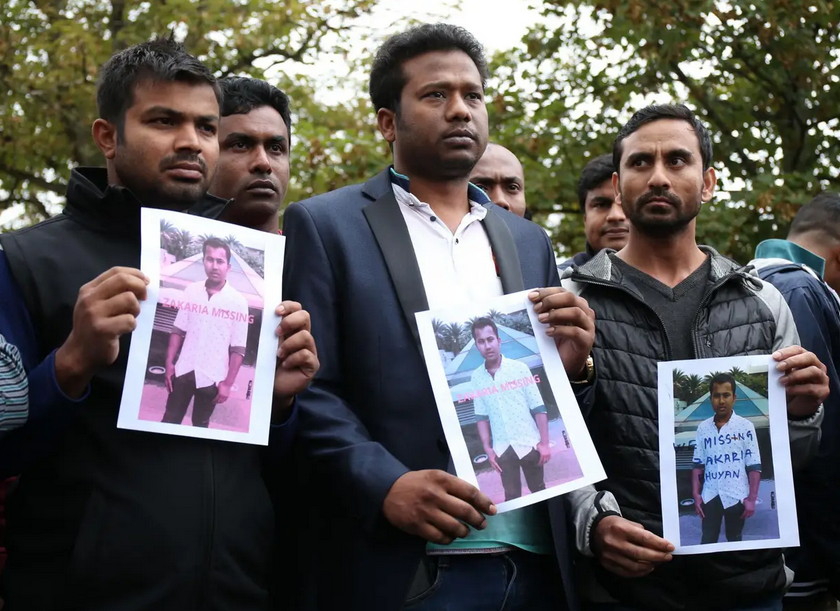“You will not replace us, Jews will not replace us.”
This was the somewhat confusing chant from Charlottesville that echoed in news reports from the far-right march in August 2017. We have now seen its most recent manifestation in the Christchurch mosque massacre. The murderous potential of such “replacement” conspiracy theories is as clear as the only viable response: true internationalism.
In 2012, before the so-called “alt right” had begun to draw together white nationalists across the world, Richard Spencer fashioned himself an academic. He had taken over the National Policy Institute and formed the Radix Journal, the first (and only) print issue of which he titled The Great Erasure.
A well-worn refrain, Spencer’s trope drew on ultranationalist themes of a “great replacement” that have inspired mass shootings in the years since, including the latest in New Zealand. This was the myth of how a once great people was vanished from the earth – first went honour, then their legitimacy, and finally their persons. Radix couched its hate in rhetoric plucked from Germany philosophy and critical theory, and gleaned from right-wing polemicist Renaud Camus’s assertion that immigration was diluting white populations, also known as the “great replacement.”
By branding his alleged manifesto with that phrase, the alleged Christchurch shooter lent his 79 pages a resonance for those seduced by that narrative. Brenton Tarrant’s screed reflects the way that white nationalists re-imagine themselves: the real holders of diversity, standing tall against a globalist force that wishes to wash away identity and distinction.


